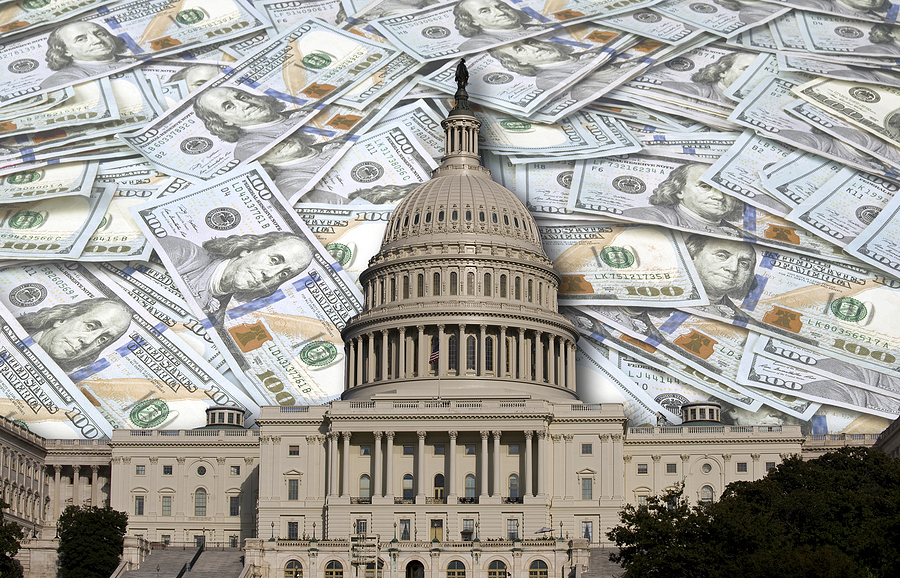Inflation jumped by 9.1% YOY in June, more than analysts predicted and the largest gain since 1981, according to data released by the Labor Department today.
The Consumer Price Index showed inflation rising 1.3% month-over-month, its largest jump since 2005.
Predictions ahead of the data’s release forecast a 1.1% rise from May and an 8.8% increase YOY. This is the fourth consecutive month that analyst predictions fell short.
Another month of skyrocketing inflation suggests that officials will be forced to continue aggressively raising interest rates.
But rate hikes have stoked fears of a recession. Strategists at Goldman Sachs recently upgraded their recession probability to 30% from 15%.
“We now see recession risk as higher and more front-loaded,” Goldman Sachs Chief Economist Jan Hatzius wrote in a new note to clients.
“The main reasons are that our baseline growth path is now lower and that we are increasingly concerned that the Fed will feel compelled to respond forcefully to high headline inflation and consumer inflation expectations if energy prices rise further, even if activity slows sharply.”
Fed Chairman Jerome Powell admitted in June that a recession is “certainly a possibility,” but that it is “absolutely essential” to bring down inflation, no matter the cost.
Inflation doesn’t directly impact mortgage rates, but the Fed’s monetary policies in response to inflation do play a role. As a result, mortgage rates tend to follow its lead.
Continued upward pressure on rates by the Fed has resulted in a housing market cooldown.
Home purchase agreements are falling through, with some buyers forced to cancel because they can’t afford a higher interest rate.
Buyers are so concerned about interest rates that some are stepping away from the housing market, hoping to ride out the increases and see where prices end up.
Chen Zhao, Redfin Economics Research Lead, said economists believe the Fed will hike rates in July by 50-75 basis points, then introduce three smaller rate increases later in the year.
“As long as those expectations remain unchanged, mortgage rates will probably hold steady. But if inflation remains high or another economic factor causes the Fed to respond aggressively, the Fed could increase rates more than expected and mortgage rates could rise again.
